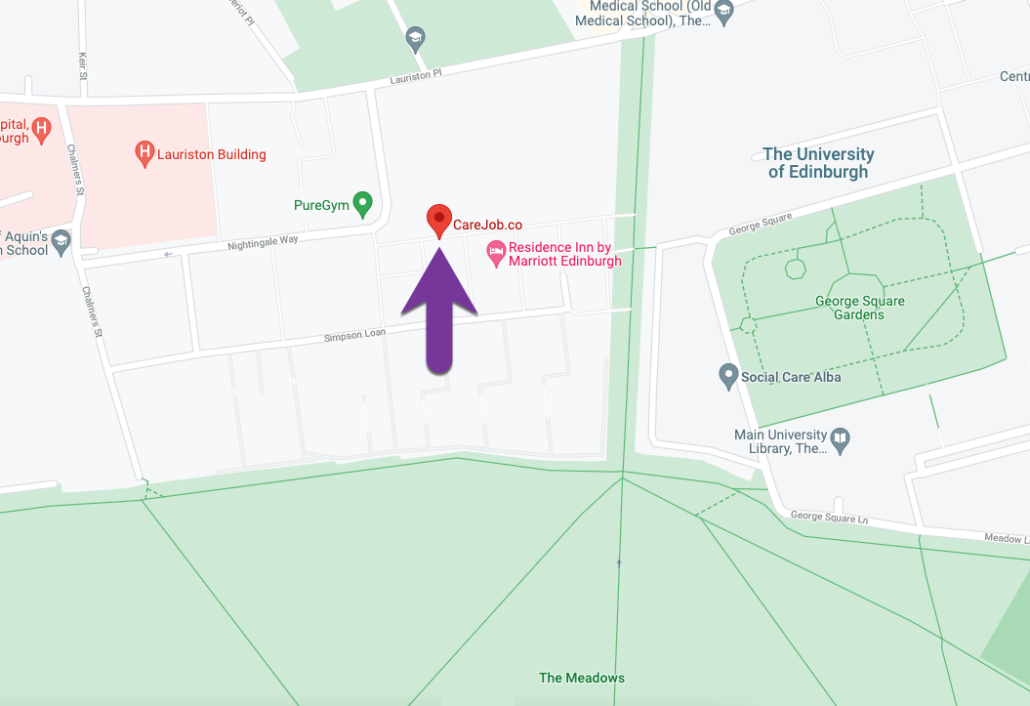Adult Support and Protection: Social Care Alba
As a care-at-home provider, Social Care Alba (SCA) has a duty of care towards those we support. This means that everything we do must be in the best interests of our clients across all aspects of their health, safety and wellbeing, and every staff member must follow the rules and regulations set to this aim. However, to ensure that clients’ needs are fully met, care providers are also scrutinised externally.
Through the Adult Support and Protection (Scotland) Act 2007, councils and public bodies can better ensure that vulnerable people can enjoy their right to be safe and protected. On a practical level, the Act gives these bodies the right to check that those responsible for the safety and wellbeing of someone affected by disability, illness, mental health issues, or physical or mental disability, are carrying out their duties effectively.
Knowing when to raise concerns
Whilst clients will often have support plans to cater to their specific needs, there will be times when that support falls short, or is no longer appropriate for that person. This is where good connections between bodies, health professionals and care services come into play. Care-at-home agencies have the privilege of getting to know their clients – often well enough to know when particular types of support need to be reviewed. For example, care staff may notice quickly when a client’s mood has dipped, or when a particular activity might no longer be considered safe due to decreased mobility. At SCA, our staff are encouraged to flag up any issues with a senior member of staff, to ensure that the care we give is always aligned with the needs of the client and their health care plans.
Being vigilant of psychological harm
Alongside the risk of physical harm from the every day environment, such as falling or tripping, clients may experience other types of harm. Abuse, neglect, bullying – these are just some of the issues that care staff can be witness to, or suspect. Again, the duty of care that staff have towards those they support, requires them to raise any concerns appropriately. It could be a neighbour, other professionals, or even a relative who may appear not be acting in the person’s best interest, and this can be difficult for staff to flag up. However, the policies and procedures that we hold at SCA help to protect clients by educating staff around their responsibilities, and providing the correct procedures to raise concerns when they have them.
Six Principles of Safeguarding
Adult support and protection policies are based on the six principles of safeguarding, which, together, seek to provide a 360º level of care for those protected under the Act.
These principles are:
- Empowerment. Ensuring that clients are supported to make their own decisions
- Prevention. Taking action before harm occurs
- Proportionality. Responding in a way that is appropriate to the risk raised
- Protection. Safeguarding the person from harm and knowing when to act on a potential risk to the client
- Partnership. Ensuring a good flow of communication across teams, management and external bodies
- Accountability. Providing appropriate care, acting on concerns, and reporting them according to internal policies.
It can sometimes be difficult for those we support to know, or to voice when they feel they are at risk, and this is why care staff – who often see clients the most – are commonly the first to be aware of when things don’t seem to be ‘quite right’. Being accountable means that they have a responsibility to act on their concerns, following the policies and procedures put in place for such situations.
At SCA, we ensure that everyone in our care has their needs met as far as possible, and that their safety and wellbeing are always our first priority. In addition to the training provided, we encourage staff to discuss any concerns appropriately to keep our clients safe and well. This is our commitment to those we support, and to our person responsibility towards the valuable role that we hold as carers.
For more information please log in to QCS and read: SCR04 – Adult support & Protection

